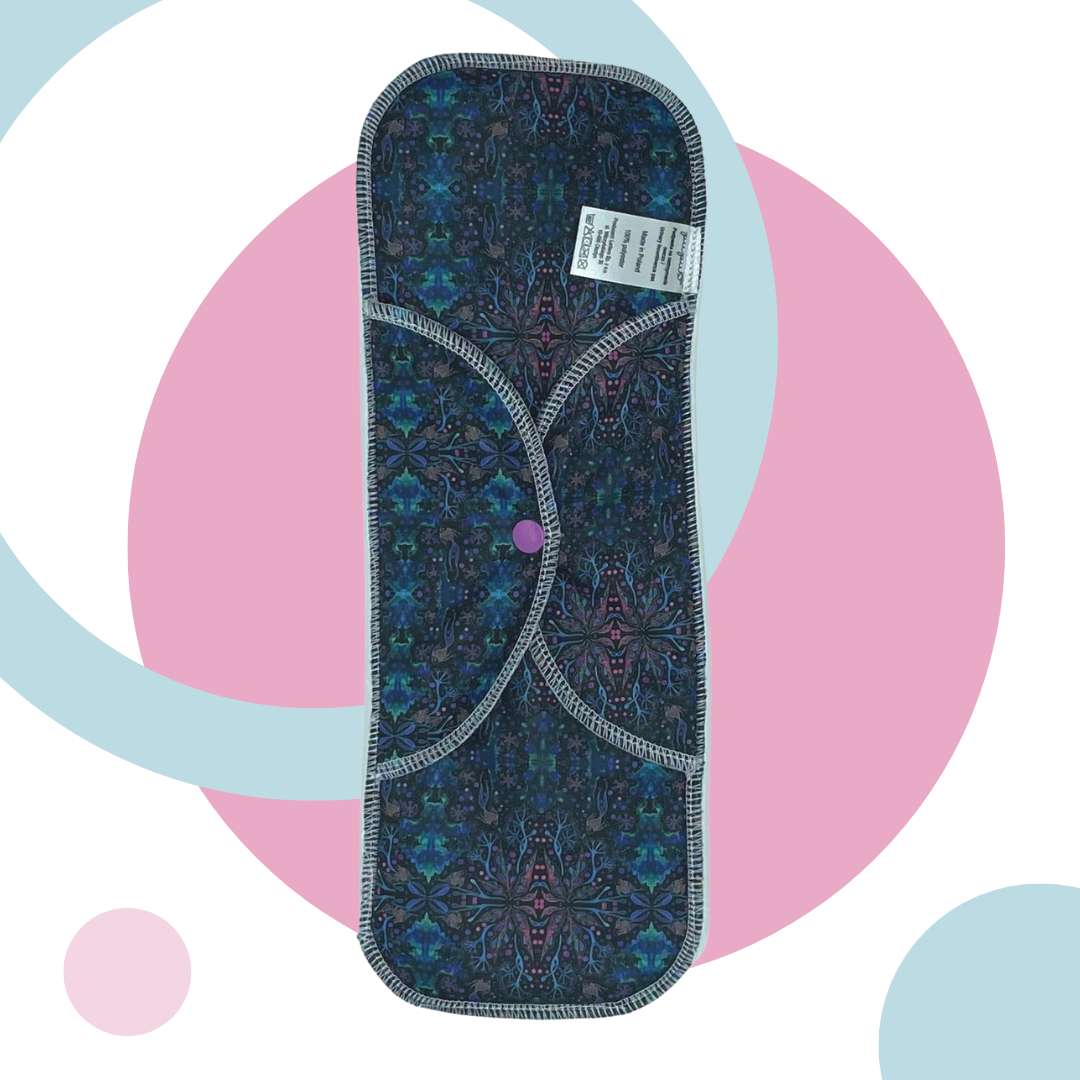Urinary Incontinence: How Diapers and Pads Can Help Improve Quality of Life
Urinary incontinence does not have to mean giving up comfort or an active lifestyle. Incontinence diapers, adult briefs, and absorbent pads are effective, discreet, and comfortable solutions that help maintain confidence and improve quality of life. Choosing the right product, tailored to individual needs, makes everyday life easier and more comfortable.
Read more







